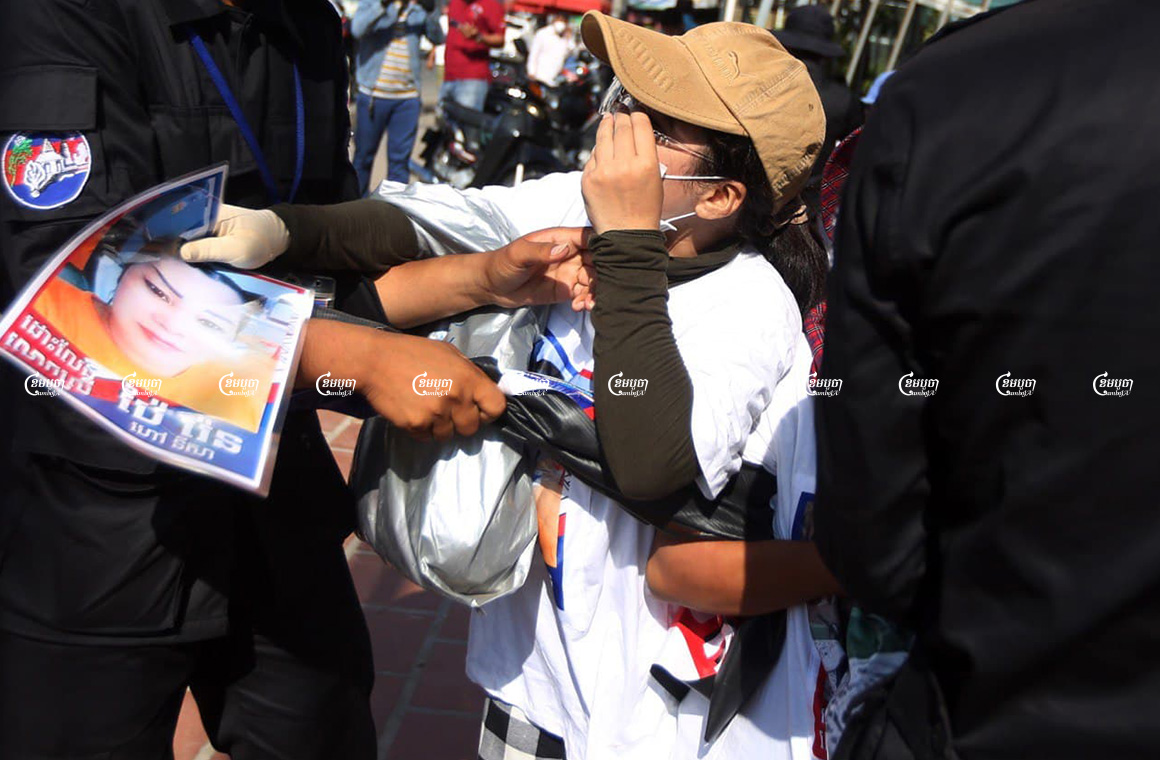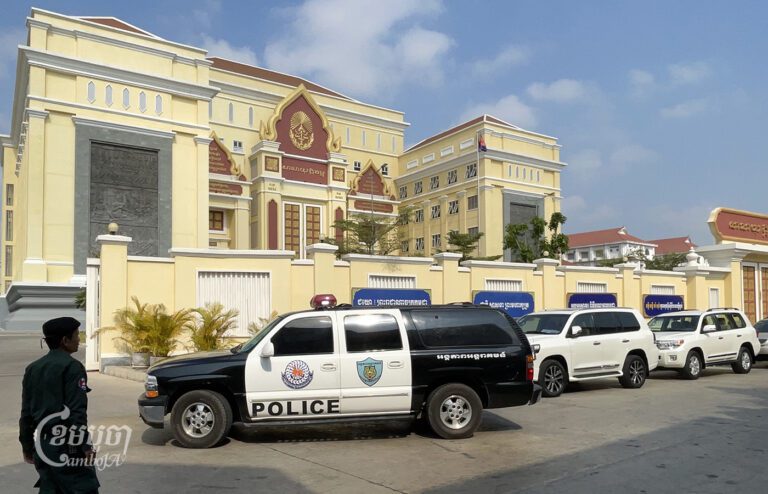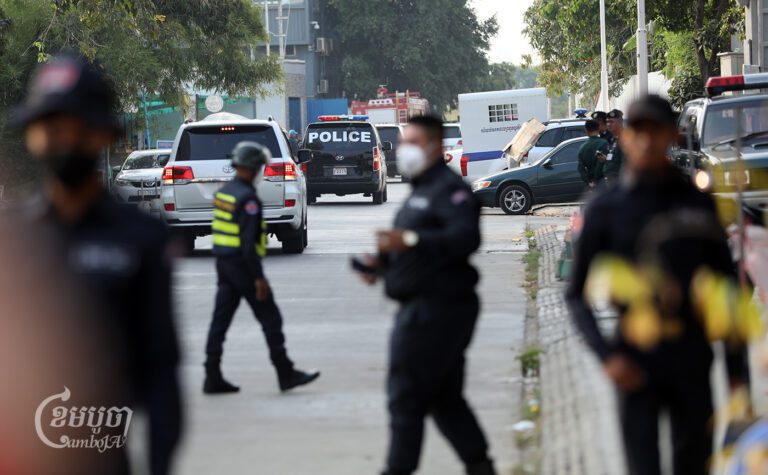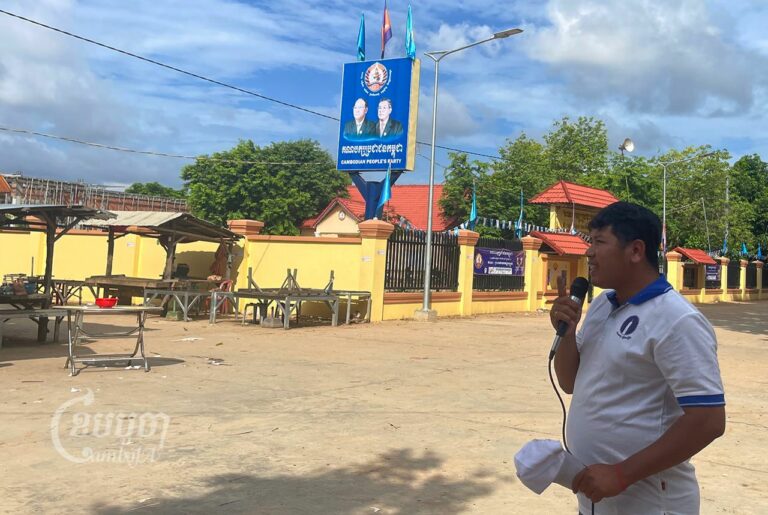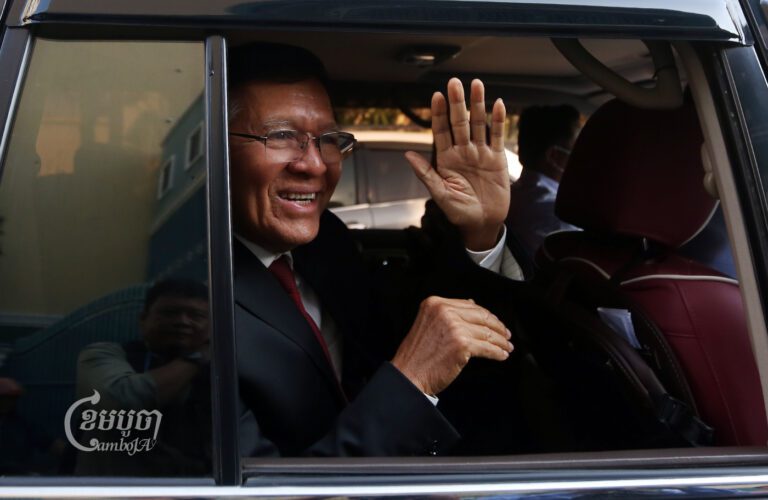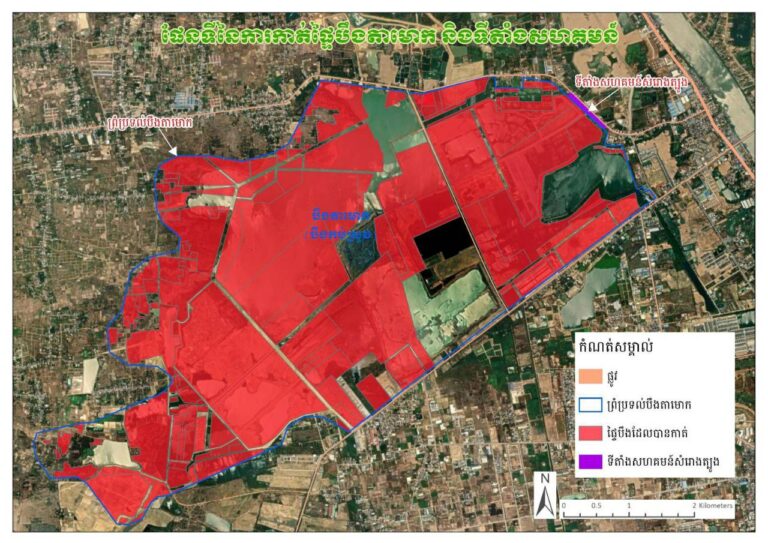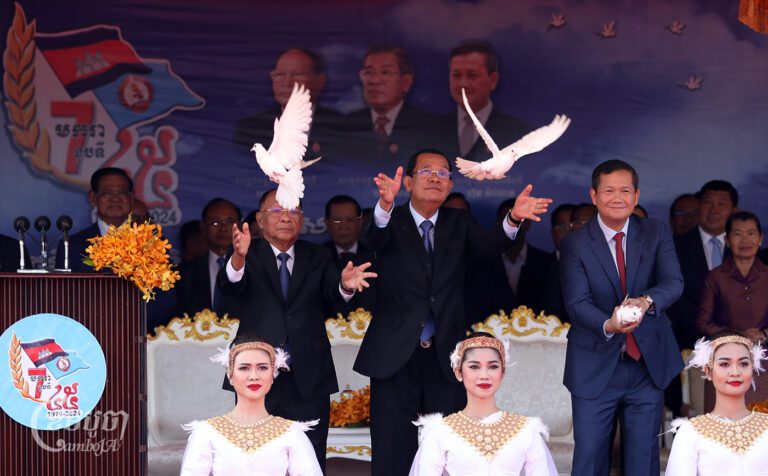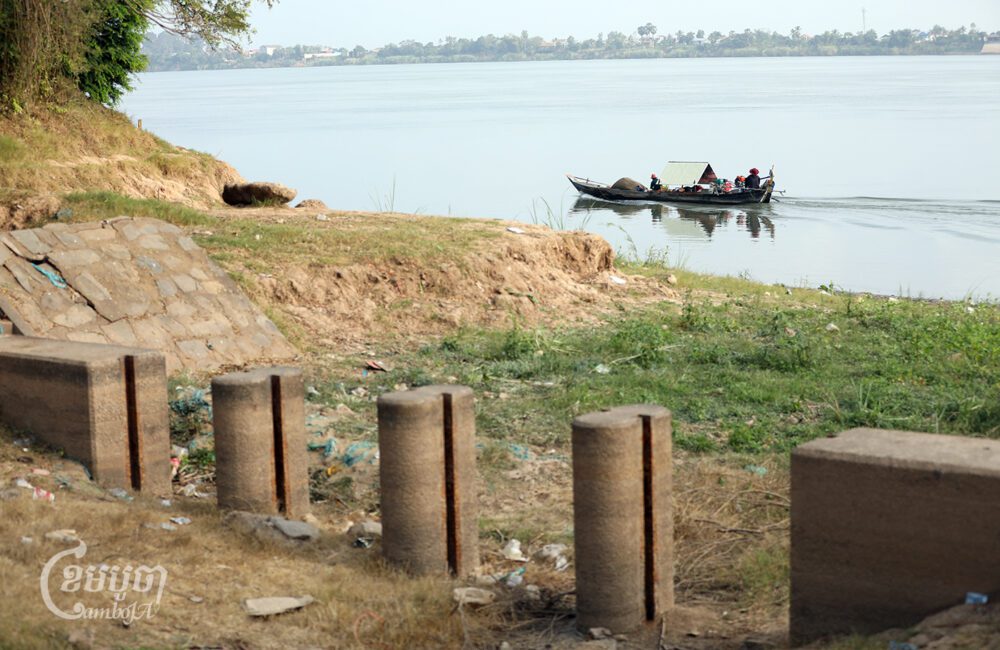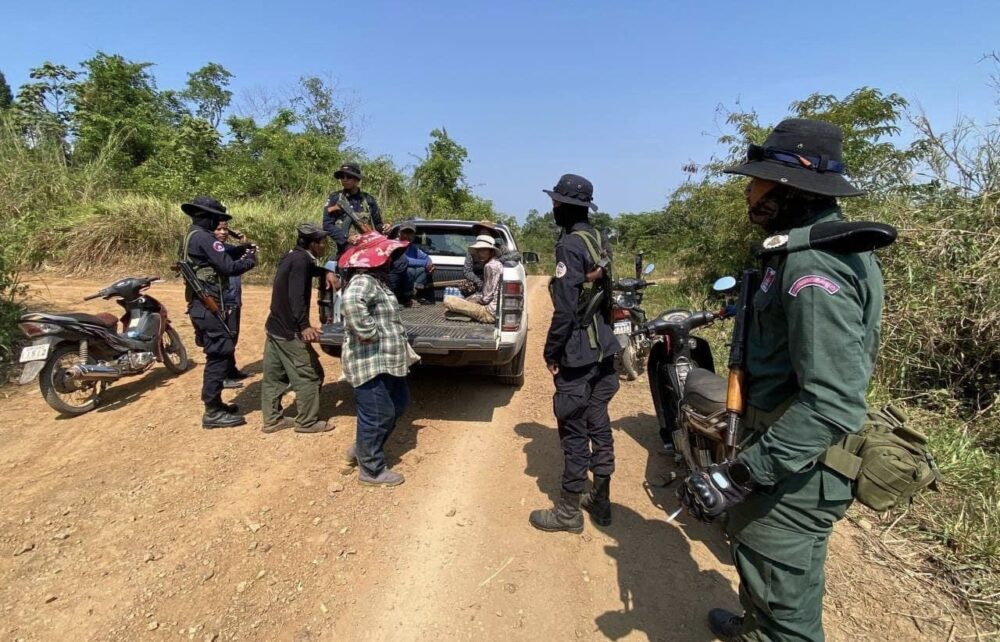As the country prepares to mark Constitutional Day on September 24, civil society groups say the government has undermined the democratic principles enshrined in the constitution, a claim government officials denied.
“While some constitutional rights are well protected in Cambodia and enjoyed without restriction, such as the right to freedom of belief and religion, the past few years have overall been marked by the deterioration of the human rights situation, with relentless violations of citizens’ fundamental rights by the RGC,” said Chak Sopheap, executive director at Cambodia Centre for Human Rights (CCHR)
She said that the government has instead focused its efforts on cracking down on opposing voices, turning the Kingdom into “a de facto single-party state” in its bid to consolidate power.
“The number of restrictions of freedom of expression, particularly online, have continued to climb,” Sopheap said. In addition, she said, the government has also adopted an array of repressive laws that pose further threats to the full enjoyment of fundamental freedoms in the Kingdom, and that can easily be used to further silence critical voices.
In response, Justice Ministry spokesman Chin Malin said the government has fulfilled its duty to respect fundamental rights, including freedom of expression, and accused civil society groups of having a political agenda to attack the government.
“They have a controversy with the government, especially when we have enforced laws against their targeted people such as environmental activists,” he said.
“When we have enforced the law on those targeted people that they protected, they criticized that the government is violating human rights… but they have no evidence in defending them,” Malin said.
Malin said that activists who were brought to trial had been charged after failing to protect human rights and social interests.
“They had ill-intentioned efforts to cause chao, and incite people to stand up against the government which was funded by foreigners,” he said.
Malin said that the government has upheld the principles of democracy and rule of law for 28 years, through the establishment of national institutions, building capacity, and making legislation.
Taing Ratana, spokesman of Constitutional Council of Cambodia, echoed Malin, noting that the government has made numerous achievements including installing a liberal multi-party democracy and a growing market-based economy.
“All achievements have directly involved Cambodian people, especially our people who have used the rights for taking part in the elections according to the laws,” Ratana said.

But Am Sam Ath, deputy director at rights group Licadho, noted that the government has not fulfilled many of the obligations stated in the constitution, including holding a National Congress.
“We have never seen [the government] hold a national congress in which the public can participate and raise their opinion,” he said.
Ratana declined to comment on the question of a national congress, saying that only members of the Constitutional Council of Cambodia have the jurisdiction to interpret the constitution.
In spite of a strong constitution protecting free speech and assembly, there is little enforcement of those rights, said Preap Ratha, a land protester from Koh Kong province.
“As far as I can see today, the government does not follow the written law. Sometimes the law is written, but it is not kept.” she said,
She called on authorities to fulfill their role in law enforcement in accordance with the law. “There is no law that states that land protesters are illegal,” she said.
Last month, UN human rights experts criticized Cambodian authorities over the conviction of union leader Rong Chhun, who was sentenced to two years in prison last week over comments he made about border demarcation. Two other activists were handed 20 month sentences for later holding a peaceful demonstration calling for his release.
Political analyst Pa Chamroeun said the government has not comprehensively implemented the spirit of the constitution, pointing to the 2017 dissolution of the opposition CNRP — the country’s only viable opposition.
“In fact, we have seen the violation of fundamental rights based-approach as systematic, including freedom of participation in society, freedom of expression… and protesting have been restricted,” he said
“Our democratic politics has declined after the dissolution of the CNRP in 2017,” Mr. Chanroeun said.
Former senior CNRP official Meach Sovannara said the government has been moving to effectively a one-party system. “We [government] have restricted their rights of freedom of expression and then they said to respect the constitution,” he said. “All powers are controlled by one person [Hun Sen]…how can we say Cambodia is democratic,” he asked.


